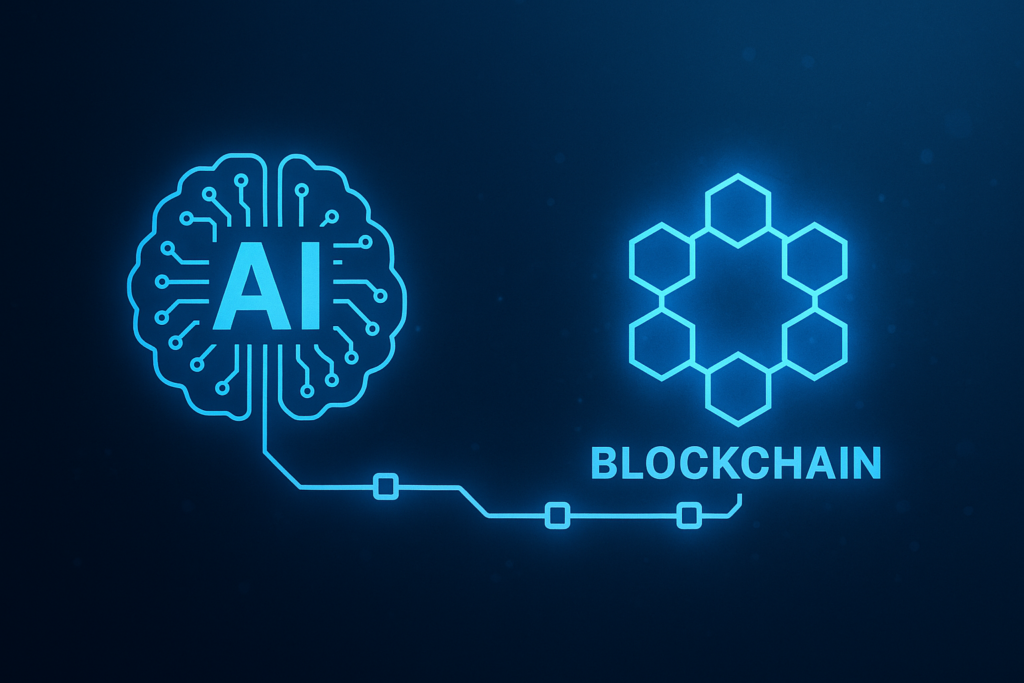
Artificial intelligence is emerging as a transformative force in the cryptocurrency sector, driving innovation across trading, security, analytics, and blockchain development. As the digital asset space evolves, AI is becoming deeply embedded in both back-end infrastructure and front-end applications, offering speed, efficiency, and advanced decision-making in a volatile environment.
AI-driven trading systems are now widely used by both institutional and retail platforms. These systems rely on machine learning algorithms trained on massive datasets to identify patterns, detect arbitrage opportunities, and respond to market shifts in real time. The result is faster, data-informed trading that can operate continuously, adjusting to global events and sentiment trends without human intervention.
Beyond trading, AI is enhancing the integrity of blockchain ecosystems. It is used to monitor transactions, detect anomalies, and identify potential fraud in real time. This is especially critical in decentralized finance (DeFi), where open protocols are often targeted by exploits and manipulations. AI models can flag unusual contract activity and wallet behavior, reducing response time to potential breaches and minimizing losses.
Smart contract development is also seeing the influence of AI. Developers are incorporating AI tools to simulate contract behavior, test edge cases, and automatically generate code structures. This streamlines the development process while improving code quality and reliability. In some emerging blockchain networks, AI is even used to support adaptive governance systems, where rules evolve based on usage patterns and community feedback.
The popularity of AI-focused cryptocurrencies—commonly referred to as AI tokens—has grown sharply. These tokens are typically linked to platforms that use or provide AI services, such as data marketplaces, decentralized compute networks, or autonomous agents. Their value is often driven by advancements in AI capability and broader interest in the intersection of artificial intelligence and Web3 technologies.
Despite its benefits, the use of AI in crypto raises concerns around transparency, data ethics, and market manipulation. The ability of AI systems to influence prices or trading behavior in opaque ways is being closely watched by regulators, who are beginning to consider oversight mechanisms tailored to autonomous algorithmic activity.
As cryptocurrency markets expand and mature, the integration of artificial intelligence is expected to accelerate. With 24/7 trading, constant data flow, and a decentralized user base, AI is positioned to become a core component of the next generation of blockchain applications and financial services.







